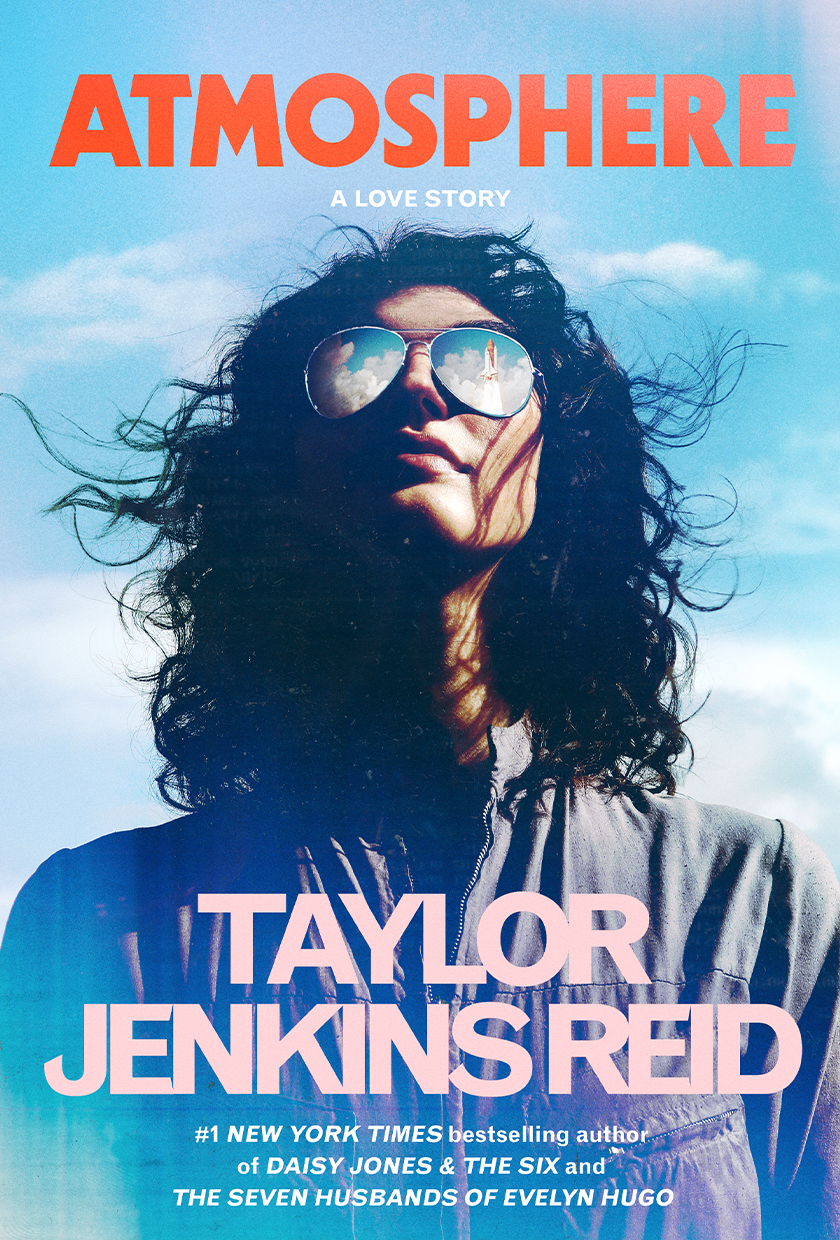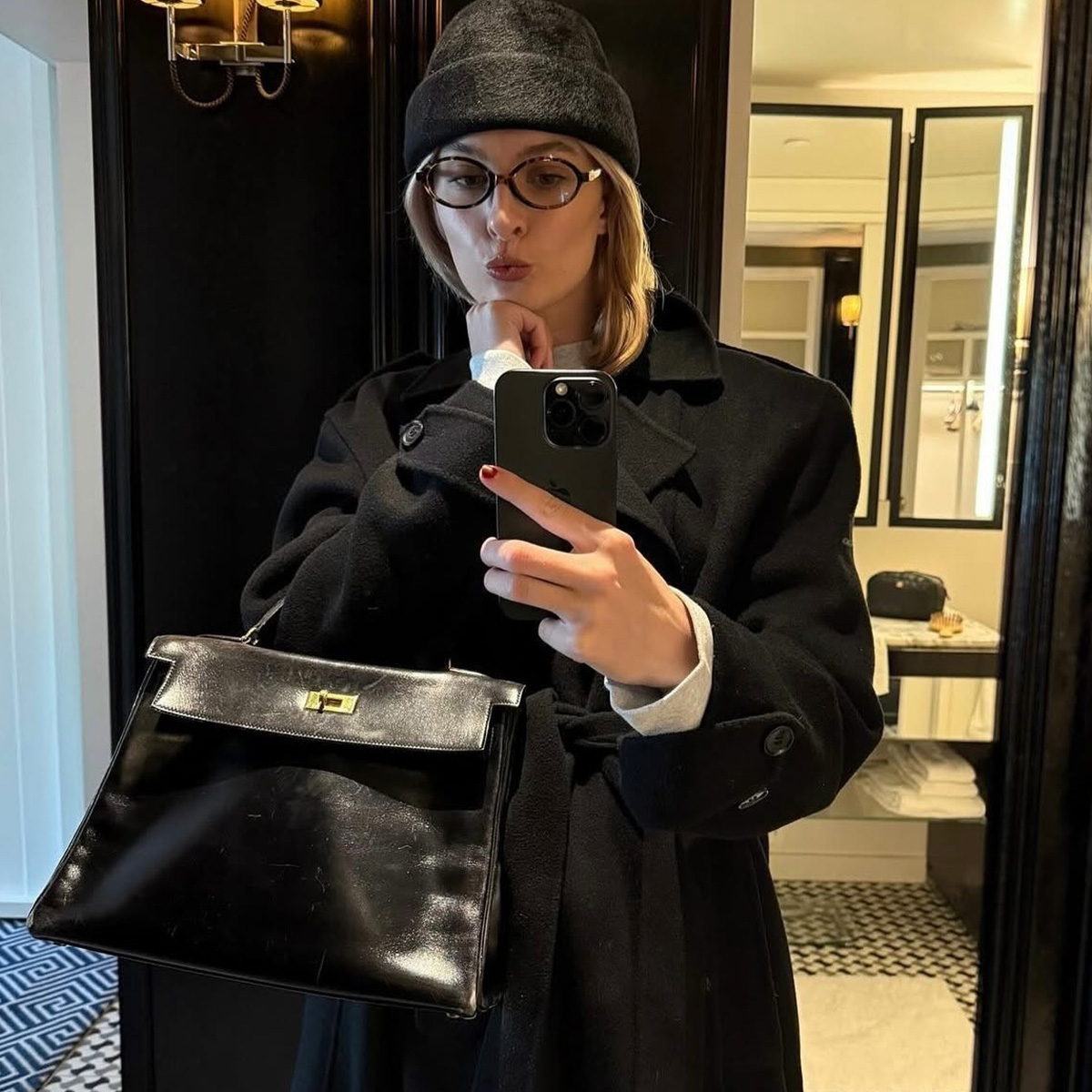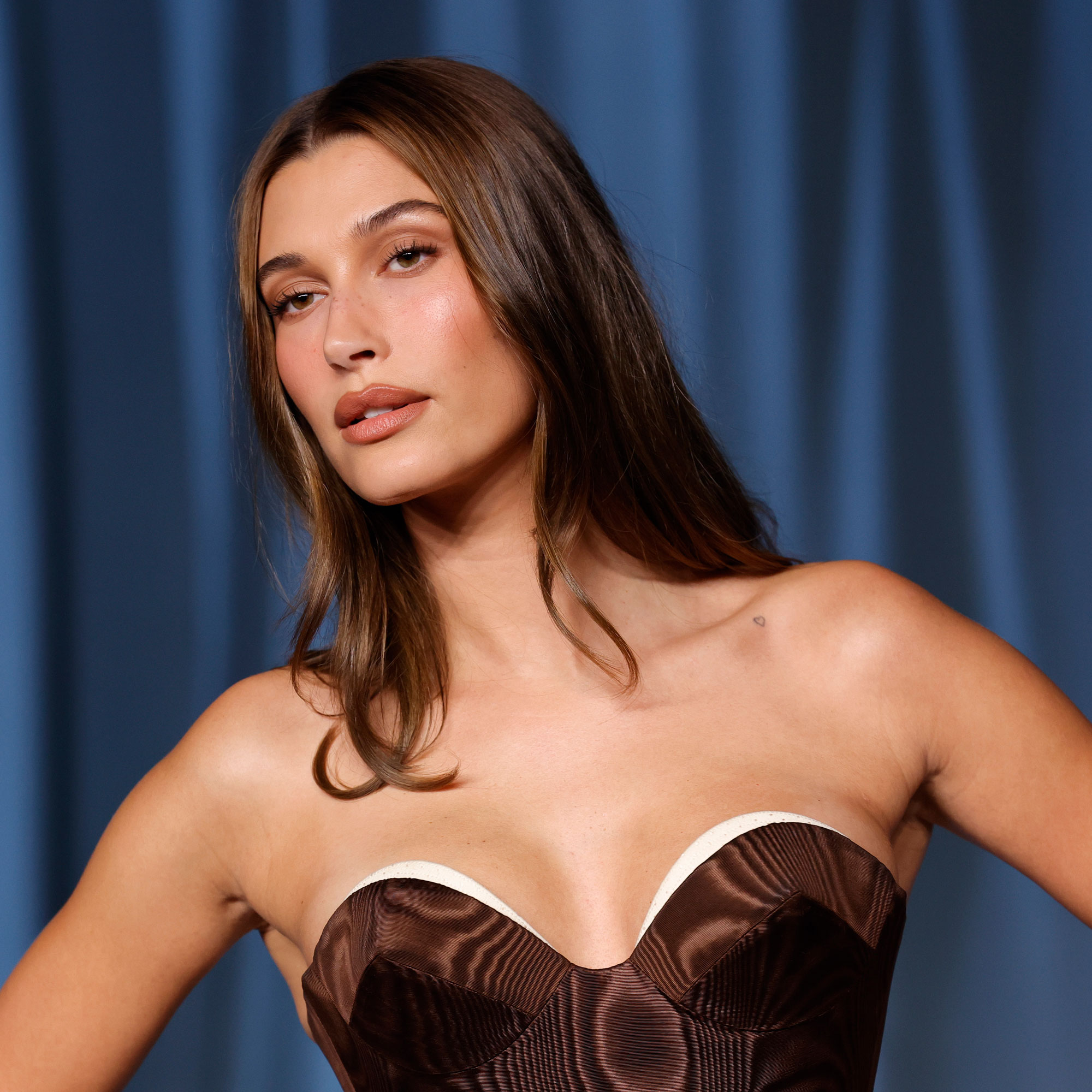The Wait Is Over—Taylor Jenkins Reid's Next Thrilling Novel Is Here!
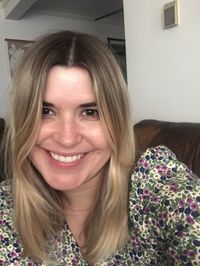
When we hear the words "Taylor Jenkins Reid new novel," not much more needs to be said. We're immediately invested because three things are certain: We're about to be transported to an epic time and place, become deeply engrossed in the life of an interesting and nuanced female protagonist, and fall hard for a love story that will most certainly be sweeping and heartbreaking. They're all the elements we look for when building out our summer reading lists, making the highly anticipated arrival of Jenkins Reid's ninth novel, Atmosphere: A Love Story, all the more exciting. Our sun loungers are beckoning.
Set against the 1980s Space Shuttle program, Atmosphere, which is out now, takes readers on a thrilling and emotional space adventure. At the center is Joan Goodwin, a professor of physics and astronomy who becomes one of the first women scientists to join NASA's Space Shuttle program. While training to become one of the few people to go to space, Joan embarks on an incredible journey of self-discovery and unexpected love that throws into question everything she thought she knew about herself.
With a film adaptation already in place, Atmosphere is primed to be one of the biggest releases of the summer, if not the year, solidifying Jenkins Reid—who is also behind such beloved titles as Daisy Jones & The Six and The Seven Husbands of Evelyn Hugo—as a publishing powerhouse. The novel comes after a self-prescribed three-year break for the author, but it was that much-needed R&R that gave Jenkins Reid exactly what she needed to pen her next hit. Here, we chat with the writer about why she landed on NASA for her next romance, her plans for the movie, and why she is off BookTok.
Following your debut novel, you were releasing books at a breakneck pace—almost one a year. When Carrie Soto Is Back was published in 2022, you talked about taking an extended break before releasing your next project. Why did it feel like an appropriate time for that break, and what did you focus on during that time?
I think the writing of Soto really prompted me to ask myself questions about my work-life balance. It's a story about a woman who has a singular determination to achieve, and the book is ultimately quite critical of how she is relentless in the pursuit of her goals and that she has a lopsided life. She is overindexing in certain areas and then drastically underindexing in other areas, and the book is saying, "Geez, I hope Carrie gets it. I hope Carrie stops doing this." So to write that book and then not look inward and realize that I was doing that in a different way… I had different metrics than Carrie.
My goals were always about a much more internal metric than an outside one. I've never had a desire to be the best. I've had a desire to make sure everybody was really happy with me. I had to ask myself, Am I taking that same formula? So I wanted to stop. I pushed and said, "I'm not gonna publish for three years. I'm going to take my time to figure out what my next book is about. I'm gonna allow myself the time to research it and not feel rushed and release it when it's ready and, in between then, put my feet up, relax, and spend time with my family."
The past few years, I've been working on this book, yes, but I had the release of the Daisy Jones TV show, so I was working. But also, I took vacations. I went with my family to Europe. I rented a beach house in Malibu, and I just sat there for days on end watching the waves roll in. I took time to let myself get a little bit bored and recharge, and it has made a massive difference—not only in my passion for what I do (because I have energy to do it now), but also, I just have a gentler approach to life.
It's interesting when you talk about letting yourself get bored because I think that's often such a difficult and scary thing for some people to do, which is why burnout happens.
I think it's true for everyone nowadays … especially for Americans. Your value is your productivity. What have you done today? We are a scrappy group. We are a hardworking group in terms of the way that we think of ourselves. [With] relaxation being its own purpose, recharging being its own purpose, I have those messages in my head that are telling me, "You're not doing enough. This isn't valuable time," and I'm just trying to combat them. It's like Whac-a-Mole. They pop up, and I'm like, "No." … In a backward way, the more you take care of yourself, the more room you make in your life for joyful moments [and] the more energy you have to tackle the things that need to get done and to do them joyfully. So it's one of those things like when you stop looking for love is when you'll find it. If you learn to chill out, you might be more productive.
When did you know you were ready to start writing Atmosphere? Did you have a timeline in mind, or did you leave it open?
I knew it wasn't going to be two years, which was the cadence that I was publishing. [It was] once I let this story take shape. … I had the idea for writing about astronauts, female astronauts, for a while, but I didn't know enough about NASA and how it works to understand what the actual machinations of the story could be. I knew that I wanted to explore this lone voice talking to people on a ship, but was that going to take place in 3150? Was that going to take place during the Apollo program? I didn't know, so I had to do a lot of research just to understand what my premise could factually possibly be. I didn't rush myself. It was like, "This is gonna happen when I'm ready for it to happen," as opposed to "I need to hunker down and come up with something immediately." I had to let it marinate. I always knew her name was Joan and she was an astronaut, and that's all I knew. Joan is capcom, and that's when everything really started to take shape.
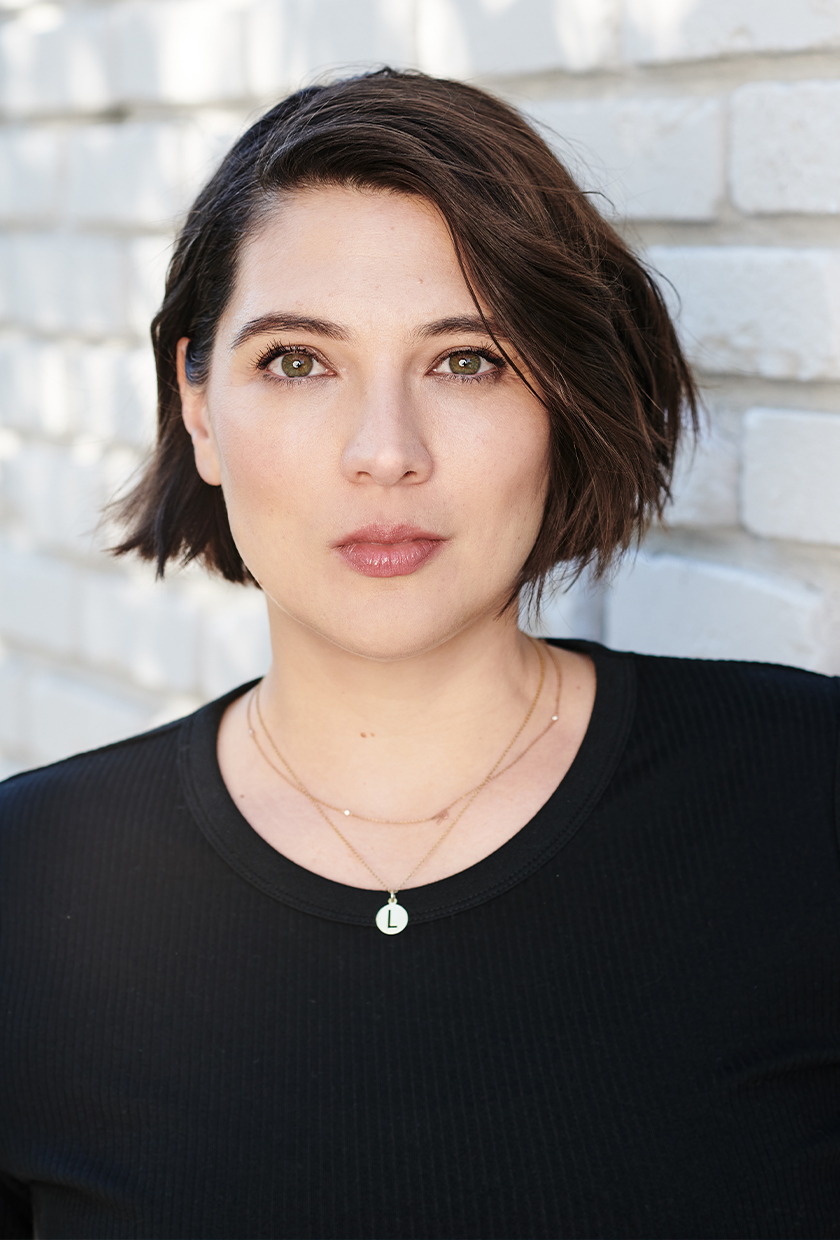
How did you ultimately land on the 1980s Space Shuttle program being the best setting for Joan?
The reason is I wanted to write about the moment in which women were entering the astronaut corps because prior to the Space Shuttle program, women were not considered for the astronaut corps. In fact, when you look at the Mercury 13, which was a group of 13 women who trained outside of NASA because NASA would not train women, they trained to the exact standards that the men in the astronaut corps had. The only thing keeping them from being deemed astronauts was that they needed to go to NASA to take these particular tests, and NASA said no. It's only in the very late '70s, early '80s that NASA allows women to be in the astronaut corps. I realized that's the time that I wanted to write about because I wanted to write about the moment in which NASA has to make room and change for women. The male astronauts have to change. The women that are showing up are going to have to push to make that change.
When women first get to NASA, they don't even have space suits small enough for women's bodies. They don't have gloves to fit a woman's hands. These women were having to use gloves way too big for their hands to do the same thing that men were doing with the gloves that fit them. So these are women who are having to say, "This doesn't work—you have to change this," which is not something that we generally teach women to do. Group 8 is the first group in the astronaut corps that allows women in that includes Sally Ride and Judy Resnik. I wanted to leave that mostly intact and then create a fictional Group 9 so Joan doesn't have the burden of ever being the first woman in space. There's not as much heat on her there, but she is still at the forefront of this. Basically, when I thought of all those things, I went, "Oh, this story can only exist in 1984." I didn't choose the '80s—the '80s chose this because it was really the only time it was possible.
Let's talk about Joan and Vanessa. Did you always know that it was going to be a queer love story between these two women?
It was baked into the concept. In fact, I think I should change what I said earlier. It was, "Joan is an astronaut, and she doesn't know this thing about herself." What I really wanted to write about is self-discovery. Obviously, this is a story about human discovery and adventure, but I wanted to focus on the internal discovery, and I wanted Joan to be a person who is quite quiet and reserved and showing up for other people and doesn't ask herself certain questions or center herself very often in what is going on. She's not looking inward. Someone's going to show up, and they're going to force her to look inward.
One of the things that I think is really fun about Joan and about this story is that we meet Joan at the beginning, and she thinks she's a person who just doesn't fall in love, and she's pretty committed to that understanding of herself. It takes her a very long time to understand the things that we, as the reader, are already picking up on that Joan is not. We get to hold her hand through it a little bit as she understands not only her relationship with her sexuality and her sensuality and her body. There's a blossoming there, but also, she's stepping into her voice as an astronaut, and that's going to require her to speak up about things, to stand up to people, to guide other people through situations that normally she might not see herself as being capable of.
One of my favorite moments in the book is really early on when they're doing all of this water survival training, and Joan is looking at this thing that they're going to have to do, which is a real thing that they did in water survival training. They get basically pulled off the side of a boat, up into the air, and then they have to clip off from their parachute and land in the water and get into a raft. She's like, "I can't do that. There's no way I'm going to be able to do that." And she does it. This is a story of Joan discovering what she really is capable of.
When you are writing these stories about different women from all different time periods, how much of yourself do you put into it or not?
There are definitely times when I am thinking, "Oh, I relate to this moment," so I can pull from my own experience and put it in here, whether it's a one-to-one comparison or… For instance, Joan has this incredibly maternal relationship with her niece. … It took me a long time to write this book, so [my daughter] was a certain age when I started and a certain age now, but Frances [in the story] is a lot of those ages. I was able to pull on what I know about watching a child grow up and put that in there. Frances is not at all based on my daughter. They're very different. But the love that Joan has for Frances was a really great outlet for me to write about being a mom. So there are moments where I make a conscious decision. I know about this. I have something to say here. I can put it in.
I don't think I'm revealing much, but over the course of nine books, there are certainly things that readers will pick up on, things that I'm very focused on subconsciously that I don't know or ways I view the world subconsciously. That's always a vulnerable thing—what you're revealing about yourself that you don't realize you're revealing about yourself. That, I think, is one of the hardest parts of being an author. … It can feel like you're standing up in front of everybody naked a little bit.
What has been most exciting to see in terms of early feedback and responses to the book?
The first people to read this book, other than the people helping me to finish it, were the queer women in my life that I wanted to share it with. It has meant a great deal to me that they were so supportive and taken with it. I have friends who feel like they really understand Vanessa in a cellular way, and that makes me feel like, "Okay, maybe I did a good job." I was able to pull something together that feels really real. So that was a big hurdle for me. … These women whose opinions I care about so much and who I share so much of my own day-to-day life with, do you guys like it? … After I finished it, I sent it to Paul Dye, who helped me with a lot of the NASA-based elements of it, which is to say a lot of the story. Paul Dye is the longest-serving flight director at NASA. I ended up dedicating the book to him because of how generous he was in helping me to get some of these details right. I think I thought I was okay, but I wasn't, and when I got the email from him saying that he loved it, it was like I had run a marathon and had just finished it and I could rest now.
There's a movie adaptation already in the works. Can you talk a little bit about the vision for this adaptation? As a former casting assistant, do you have actors in mind who you would love to play Joan and Vanessa, or do you not speak those into the world?
You know what's funny? I never do speak them into the world. For this, I don't have anyone in mind yet because it is so early in the process. When I'm writing a book, I can't think of an actor or an actress because then I will get stuck. I don't want to feel limited by what I could do. Also, Ethan Hawke can't play every single man that I write, you know? I would just write everyone as Ethan Hawke. I also feel the same way about Sam Claflin, quite frankly. After having had him play Billy [in Daisy Jones & The Six], I think I feel such a kinship with him that I would write every man as Sam. I can't do that, but once I finished it and I sent it to my producing partner, Brad, we felt like… It's hard to pull off nowadays, but we felt like if we can get a theatrical release for this movie, that's what it should be. Let's make this like you're going to the theater and you're gonna go to space. It's gonna be huge and epic, and I'm gonna break your heart, and you're gonna leave this place crying, you know? That's what I wanted the book to feel like, so that's what I want the movie to feel like.
When we were talking about who can pull off something so big in scope that it feels epic but also has that punch, [Anna] Boden and [Ryan] Fleck were the first people to come to mind. They're going to write and direct this movie. I could not be more thrilled. It is very rare in this life that you get to work with the team that loomed so large in your mind as a dream collaborator. I could not be happier, and I want them to get started immediately because I want to see the movie.
Thanks to celebrity book clubs and BookTok, we've seen a rise in book sales in recent years that has also catapulted the careers of many authors. Are you on TikTok, and if so, what does your BookTok look like?
That is a great question. I am not on TikTok. I'm not really on any social media. When BookTok first started, I did have TikTok, and I would see some of it, but it just felt a little bit like, "Oh, I'm not supposed to be here. This is for you guys." It's not actually for me. It's for readers to discover books that they might like. It just felt very vulnerable for me, but I think what it comes down to is it matters when you love a book and you tell people [in] whatever form that takes—whether it's telling your friends and your family, whether it's making a video about it, whether it's making a post about it. Whatever it is, I think ultimately what sells books is… There are a number of things that the publisher can do, but at the end of the day, who [you are] going to believe that you would love this book is someone who just read it and is telling you as authentically as possible that they love it. It doesn't matter how many times I've seen a book cover around or I go to the bookstore and it's on that table over and over. What matters is if somebody whose opinion I trust says, "You have to read this." That's when I'm gonna buy it.
I'm grateful for any form that takes. I really did write it with the hope that it would make people feel something, that they would pick it up and not be able to put it down. That was my hope. That's the thing that makes me happiest when I come up against a book like that, so I'm always trying to deliver that.
What's next? Are you going to take another break? Do you already have your next book in mind?
I already have it. To me, I don't view that time that I took off as a one-time thing. I see that as my learning process for how I'm going to live my life going forward. I don't know when I will publish next, but I love writing books. I love coming up with ideas and being obsessed with them and consumed by them, so I'm not gonna stop doing that. I'm just now also going to be like, "Okay, I'm done for the day. I'm going to go outside and lay in my hammock and listen to the birds chirp for a little while."
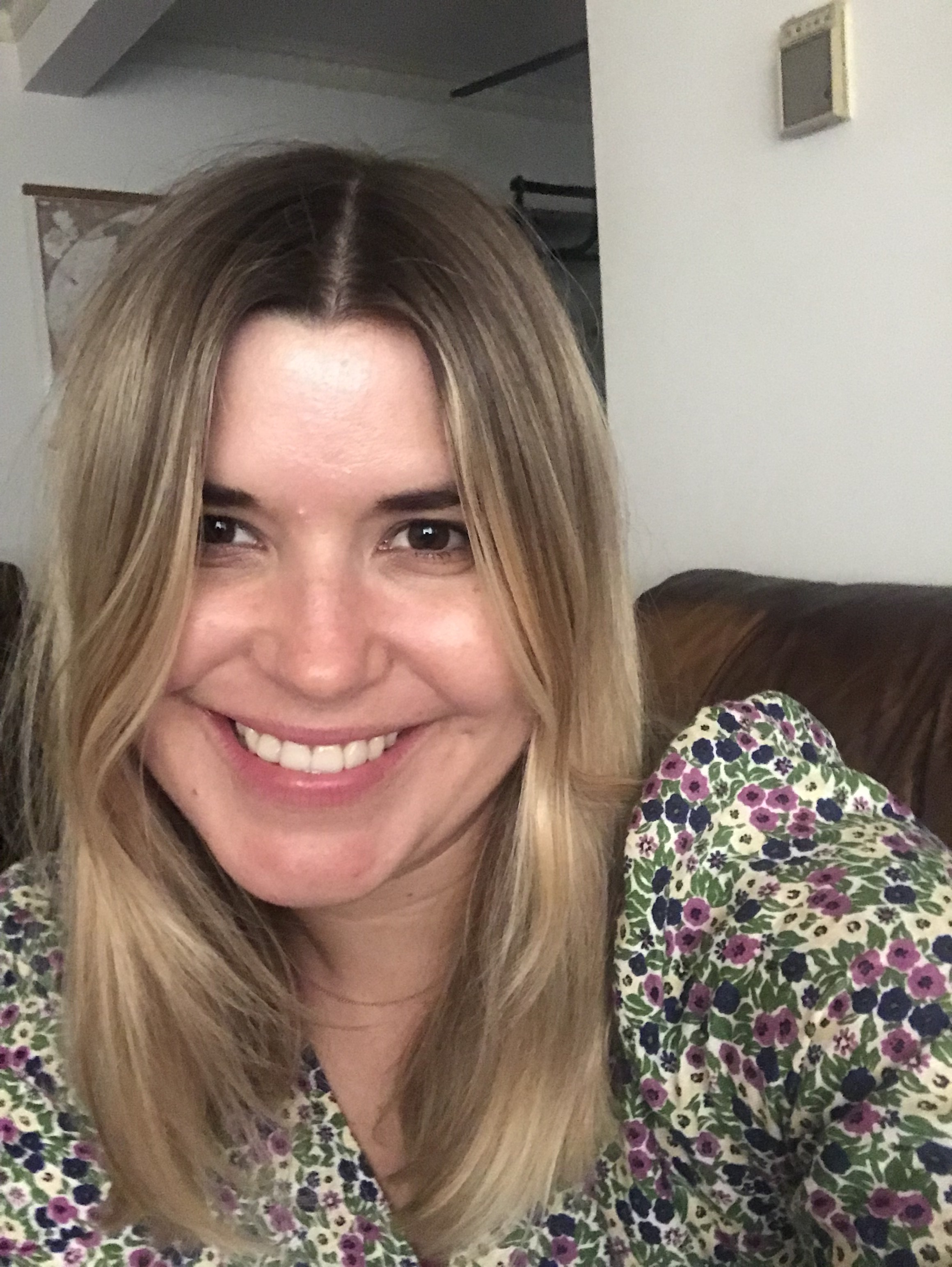
Jessica Baker is Who What Wear’s Executive Director, Entertainment, where she ideates, books, writes, and edits celebrity and entertainment features.
